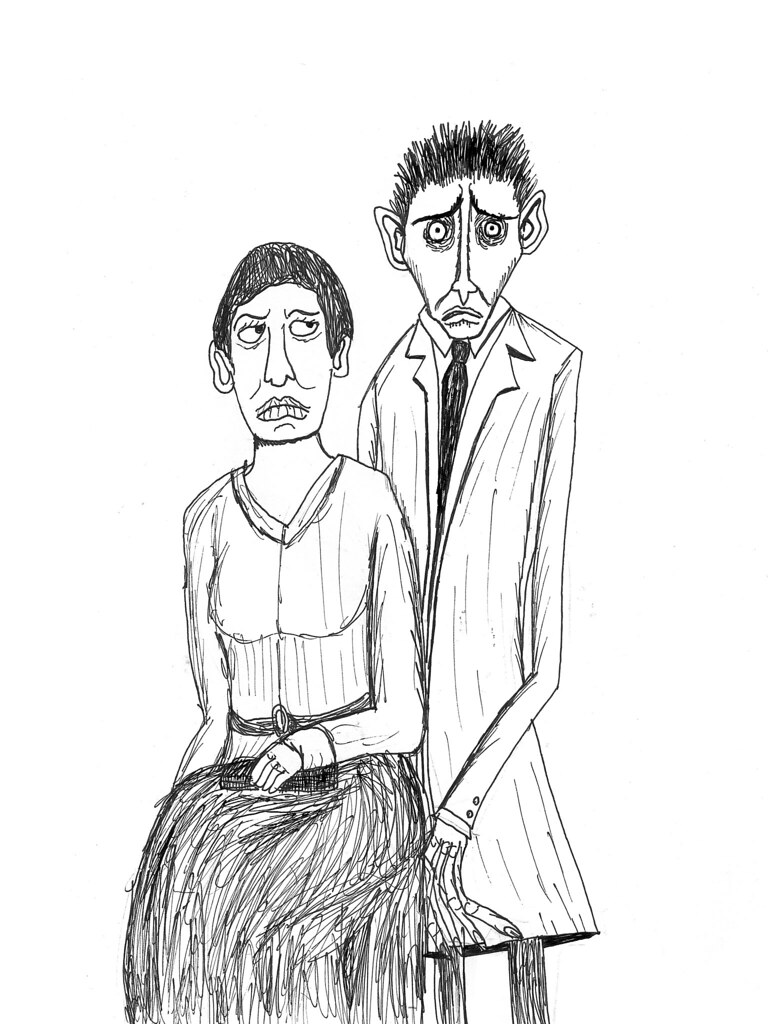#AM READING WILFUL DISREGARD BY LENA ANDERSSON.
She perceived reality
with devastating precision and her quest for
an equivalent precision in language was a sort of fixation.
The
artist Hugo Rask was another sort of fixation for her.
From feeling respect
for him on Sunday, she progressed to reverence on Tuesday and by about Thursday
she felt an insistent yearning, which by Friday turned into a deep sense of
lacking something.
She had set herself the task of decoding reality and locating language’s most truthful illustration of it. But she miserably failed in this task as far as Hugo Rask was concerned.
She
was confused when he peered at her
through the smoke rising from his cigarette, which made his expression look
both superior and indifferent.
It
was hard to gauge him because he was always surrounded by people. She would have preferred him to be a
solitary being with a fissure of longing in him that she could fill.
She wondered why she was attracted by him in the first place. Perhaps she had engineered falling in love with him because she had imperceptibly grown bored and needed this anxiety intermingled with hope.
But she accomplished nothing. Life was composed of an endless series of nows in which one lacked the energy to do what one wanted to do, and later, too, would prove to be a now that was also deficient in energy.
And
so the affair went nowhere and she suffered.
The suffering would
intensify and become more concentrated for a few days, but it was purer and
less unclear now.





